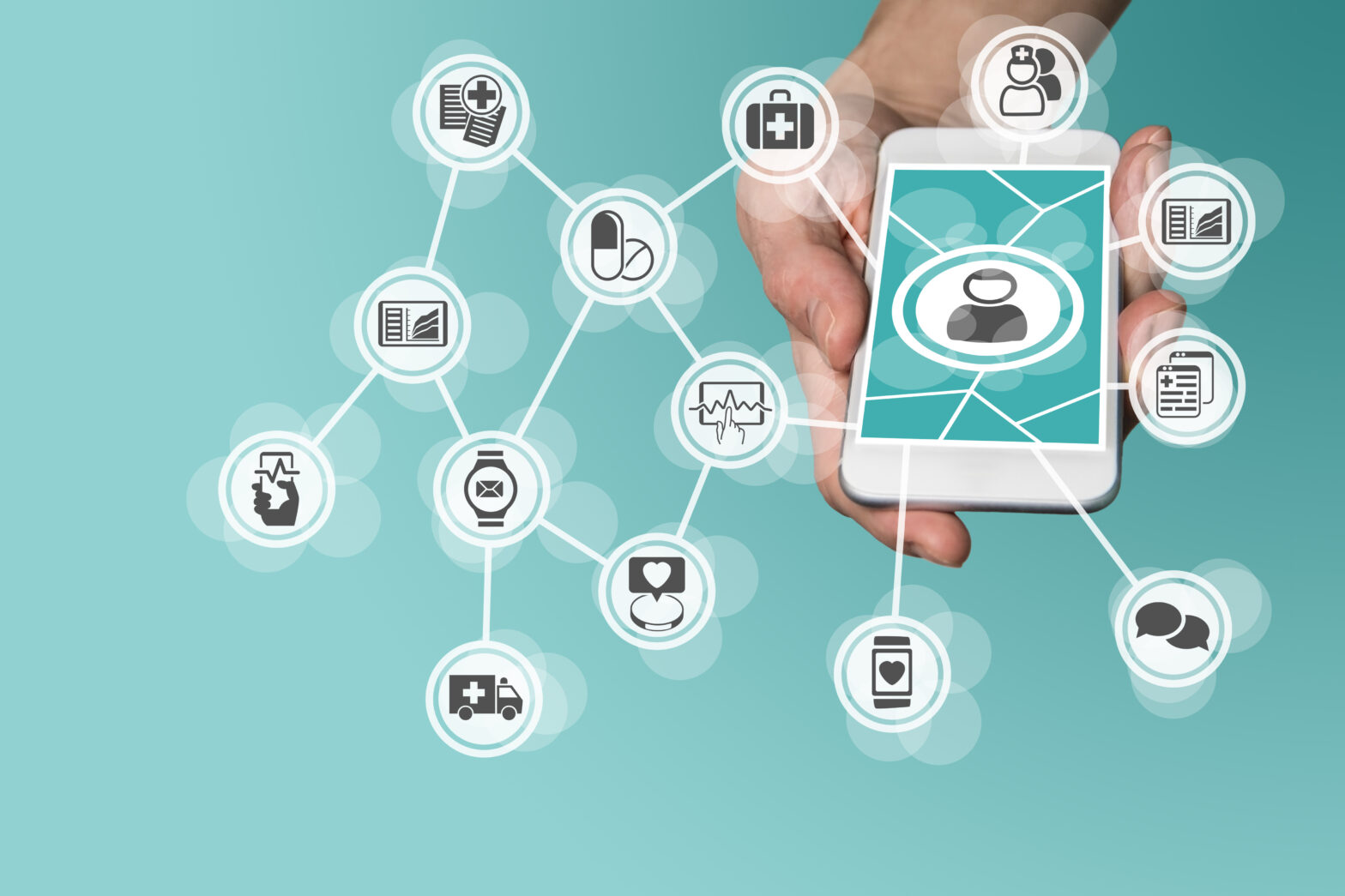There is a constant battle in the UK between an ageing population and the need to provide a high quality level of elderly care. As people are living longer our elderly population is growing at an unprecedented rate.
By 2035, it is projected that Wales will have the highest proportion of people aged 65 and over (26%), followed by Scotland (25%), and England and Northern Ireland (23% respectively). This places an increasing pressure on health and social systems with many providers struggling to efficiently maintain quality of care with shrinking resources.
The cost of care is one of the biggest issues the health system is currently challenged with. A recent BBC Panorama investigation found care firms have cancelled contracts with 95 UK councils, claiming they cannot deliver care services for the amount they are being paid. The cost of caring for the elderly in nursing homes is more than five times the cost of in-home care and this will continue to increase as the ageing population grows.
>See also: Transforming healthcare with tech
With the costs soaring and dwindling funds, the healthcare industry must look to embrace the latest technologies to help the elderly receive high quality care at home, reducing the need for assisted living.
This will ultimately ease pressures on care providers and councils without compromising on quality of care for the elderly. Three technologies in particular are showing promise to improve eldercare processes, ensuring the older generation receives high quality, affordable care in our modern age.
Cloud communication and mobility
Healthcare organisations can achieve the holy grail of a more efficient, cost-effective and collaborative service by combining cloud and mobile technologies. These provide the ability to deliver more personalised care and reliable communications in a scalable, secure and highly efficient way.
Work processes can be enhanced in a number of ways. Cloud-based communications can enable real-time dynamic scheduling systems, which facilitates practitioners to organise home visits and plot the most effective routes to patients based on travel conditions and locations. At the same time, medical staff can have access to patient files on any device at any time, which helps them make immediate decisions.
>See also: The future of tech in healthcare: wearables?
This is made possible with smartphone apps that give care workers access to corporate systems on-the-go and the ability to provide remote diagnosis and care instructions should the patient contact or a family member notify them.
Interconnectivity
The advancements in the connectivity, where smart devices are connected via the web to ensure a seamless transfer of information and automation of processes, could save healthcare providers millions of pounds annually in eldercare costs. Crucially it can give seniors the ability to live at home instead of having to move to assisted living.
Gartner predicts up to 21 billion devices will be connected to the IoT by 2020 and many of these will aid everyday tasks that challenge the elderly. Technological advancements such as this could potentially revolutionise how seniors live alone.
For example, apps mean that door access can be controlled through a smart device. This means that people with mobility issues who struggle to answer the door can allow health workers to safely enter the home or alert family members to who has entered the home and when, providing peace of mind for security. Such devices can also sync with cameras outside the home so that the person coming in is always known, which for family members that live far away is invaluable.
>See also: Improving patient care through technology
Other connected devices throughout the home can become the eyes and ears for seniors, wherein devices such as plug sockets and fridges are interconnected making independent living a reality.
Smart fridges can sense when grocery supplies are low and will automatically order new items. Curtain controls, light and motion sensors, out-of-bed detectors, fall alarms and even smart medicine cabinets can all aid in everyday tasks that will enable the elderly to live at home longer.
Video calling technology
Wi-Fi or 4G enabled video calling via smart phones, tablets and smart TVs can provide an important lifeline for seniors. It can also keep family members informed and reassured and enable care workers to provide remote diagnosis.
This leads to an overall sense of wellbeing for the elderly and reduces the necessity of hospital visits. It also means that if a patient is less mobile they still have the ability to connect and enjoy personable time with a home care worker, a psychologist, a doctor, or a family member via a mobile device or a fixed screen.
>See also: Artificial intelligence and the healthcare sector
It can also give home-care workers the ability to remotely check that a client is taking the right medication, or instruct a relative or neighbour how to administer it to keep them well.
Cloud-based IT infrastructures, the IoT and video calling have the potential to revolutionise elderly care and improve the quality of lives of millions while alleviating pressures on local councils and care providers.
The UK is one the world’s most forward thinking digital economies and the healthcare system must not be excluded. The always-on connected world can make the difference between seniors being able to stay in their home and having to make the move to assisted living, ultimately alleviating pressures on the care system.
Sourced by Jim Davies, vice president, Vertical Initiatives, Mitel
The UK’s largest conference for tech leadership, Tech Leaders Summit, returns on 14 September with 40+ top execs signed up to speak about the challenges and opportunities surrounding the most disruptive innovations facing the enterprise today. Secure your place at this prestigious summit by registering here










